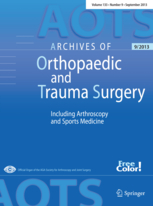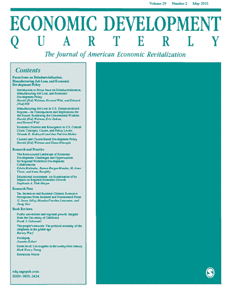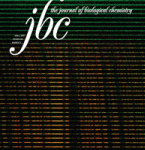 Aeronautic dentistry seems like a fairly unique field, but a review article about keeping teeth healthy in outer space has been retracted from the International Journal of Stomatology & Occlusion Medicine for not being quite unique enough.
Aeronautic dentistry seems like a fairly unique field, but a review article about keeping teeth healthy in outer space has been retracted from the International Journal of Stomatology & Occlusion Medicine for not being quite unique enough.
“Aeronautic dentistry: an upcoming branch,” a review article, appears to have lifted pieces of other works “verbatim and without citation,” according to a representative from the journal’s publisher.
According to the first author, any plagiarism was purely accidental:
The amount of material which seems to be plagiarised was not done intentionally.
The retraction note is a single line: Continue reading “Proven plagiarism” extracts paper on keeping teeth healthy in outer space








